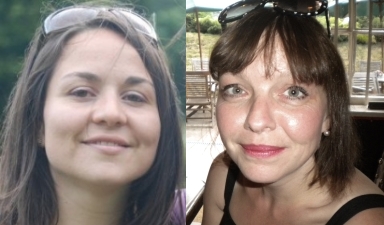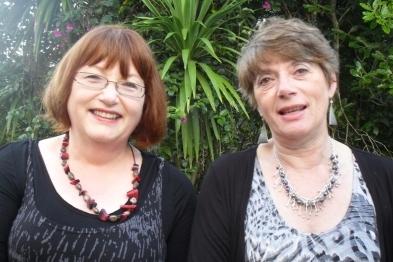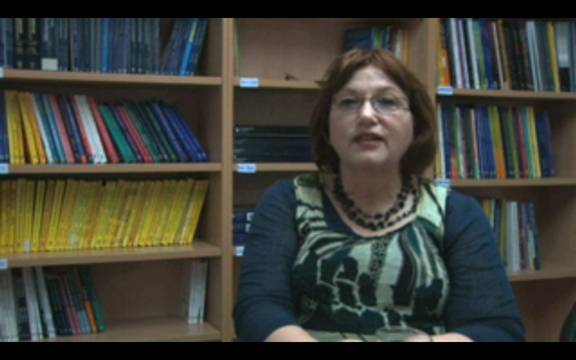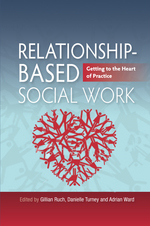Article: Managing Social Work and Social Care by Trish Hafford-Letchfield
“The introduction of market and subsequently business principles into care environments since the 1990s has meant that its associated language and terminology has deeply permeated current management ‘speak’. It has always intrigued me when working with leaders and managers in my role as an educator, mentor and manager, how easily these trip off the tongue or become part of our everyday language and applied to practice often in an uncritical way.”









